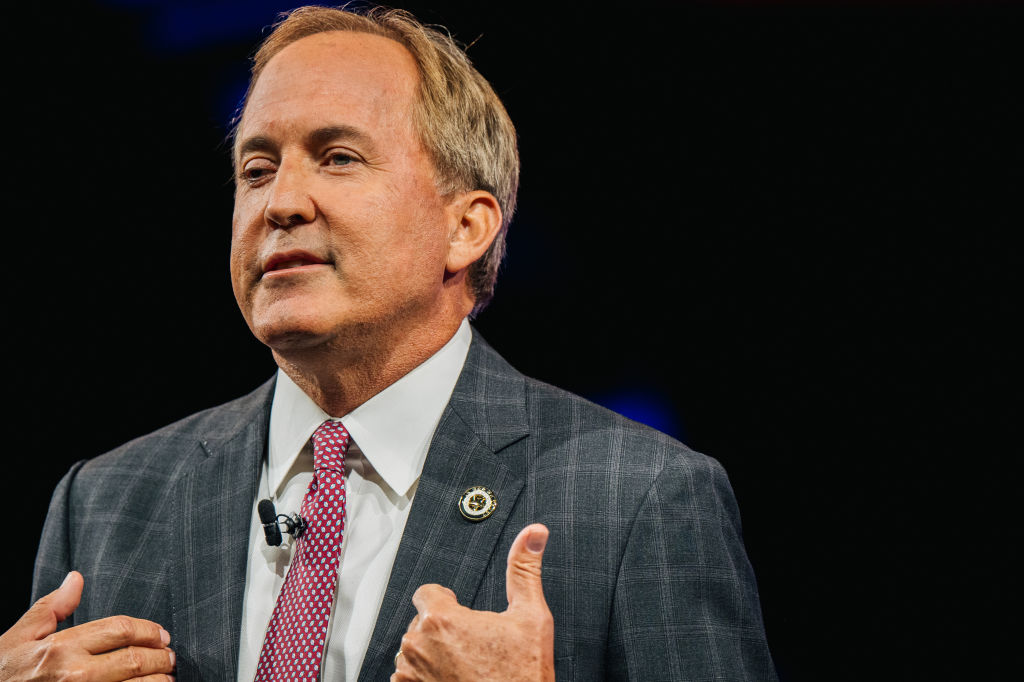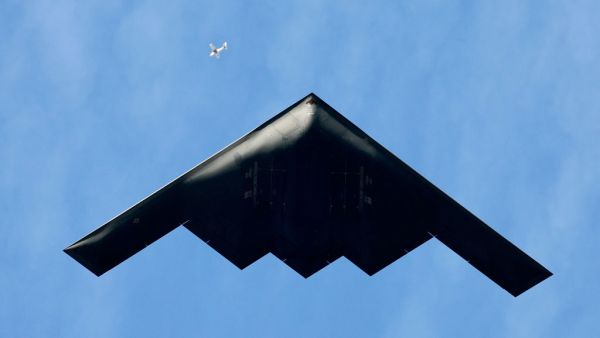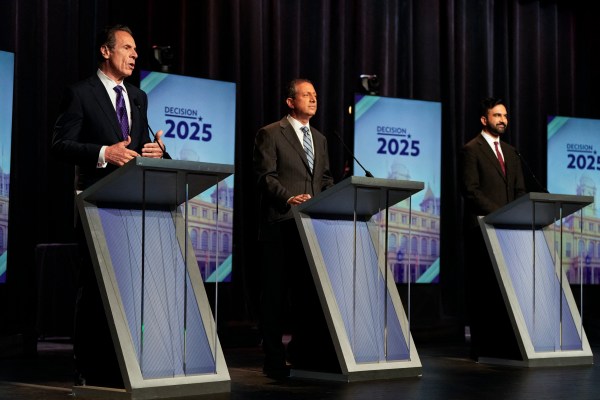Hello and happy Sunday. Tomorrow marks the 22nd anniversary of the devastating terror attacks on New York and Washington, D.C. We all remember what we were doing when we heard the news that morning. But do you remember what you did in the days after?
I had recently been laid off from my first dot-com job, so I watched a lot of cable news—probably too much. I soaked up the heartbreaking stories of the people who died that day, and marveled at the good fortune of those who would usually have been at the World Trade Center but were saved because they walked their child to school or took a vacation day. One day that first week, my husband stopped after work and picked up an American flag that we flew from our front porch. So, it seemed, did most of our neighbors.
As terrible as the attacks were, we took solace in the fact that Americans united in response. And, while it now seems quaint in comparison, America had felt pretty divided in the months before 9/11. George Bush had been president for just nine months, and plenty of Democrats were still angry about the contentious 2000 election. But for a while there—just as members of Congress did when they gathered on the steps of the Capitol and sang “God Bless America” on the evening of 9/11—we put aside our differences. Liberals muted their criticism of George Bush and Americans rallied behind the invasion of Afghanistan.
It didn’t last, of course. Our political divisions returned with the Iraq war, and the insurgency that prolonged it. Social media emerged and evolved, exacerbating the polarization. Donald Trump happened. You were there—you don’t need me to do a terrible update of Billy Joel’s “We Didn’t Start the Fire” to catch you up.
It’s unfortunate it took such a horrific tragedy for Americans to come together two decades ago. What’s even more unfortunate is that, if a similar tragedy happened today, I’m not confident Americans would respond the same way. We no longer live in constant fear that someone is going to try to blow up a plane or a building, but we do hear calls for national divorce and political violence. (Just this week, former Arkansas Gov. Mike Huckabee predicted that, if Trump’s legal cases keep him from winning in 2024, “it is going to be the last American election that will be decided by ballots rather than bullets.”)
We’re headed into an election year that doesn’t seem likely to fix any of our current woes. Someone with a penchant for dark humor could point to the fact that the one thing most of us agree on is that we don’t want a do-over of the 2020 election between Biden or Trump—but that looks like where we’re headed.
There are no easy solutions here. But one thing we can all do is to take a moment tomorrow to remember those we lost 22 years ago. We can remember how we felt watching the chaos unfold on that terrible day. And maybe that will serve as a reminder that America is a special place, and it’s worth the hard work it will take to keep it that away.
Thank you for reading. Now here’s some stuff you might have missed.
How does one explain the circumstances that led to Texas Attorney General Ken Paxton’s impeachment trial? Let’s see: Paxton is accused of using his office to help out a real-estate investor friend with his various legal woes in exchange for money for renovations to Paxton’s home and employing Paxton’s mistress. If that weren’t awkward enough, Paxton’s wife is a state senator who will sit through her husband’s trial but—because of their marital status—has no vote in the proceedings. Kevin takes this soap opera fodder and turns it into a highbrow Western saga. Texas is a land in transition, and Paxton is a product of the nouveau-riche culture. “The guys in the big hats, high-heeled boots, and F-350s with ‘Secede!’ bumper stickers aren’t Panhandle cowboys or Lubbock County cotton farmers,” Kevin writes. “They’re affluent professionals and country-clubbers in the suburbs of Houston, Dallas, and San Antonio.”
Mike Pence delivered a speech this week that alluded to Ronald Reagan, telling voters it was a “time for choosing” between conservatism and a populism “stitched together by personal grievances and performative outrage.” In Boiling Frogs, Nick glances up at Pence, taps his wristwatch, and says, “Too late.” “Right-wing populism is not ‘rising’ in the Republican Party,” he writes. “It’s risen. It’s a cake in the oven with waaaay too much leavening in the recipe that’s already escaped the pan and now threatens to blow open the oven door.” In case that mental image is not illustrative enough, Nick also makes a few Ghostbusters analogies. For example: “It’s not a time for choosing, Mike. The choice is made. You made it. The innocuous TV game-show host whom you helped mainstream in 2016 has proven not so innocuous. Now there aren’t enough conservatives left to cross the streams and blow up the marshmallow Mussolini who’s lumbering toward Washington.”
Biotech entrepreneur Vivek Ramawamy’s August debate performance earned him a lot of attention—and now he’s learning not all of that attention is positive. He’s taken more than a few, shall we say, inconsistent positions on important issues: Was January 6 bad, or is it bad to blame Donald Trump for it? Is climate change real or is the “climate change agenda” a hoax? As Audrey noticed while spending a day following Ramaswamy in New Hampshire, voters have questions. “Ramaswamy seems to think he’s mastered the art of telling Republican voters what they want to hear,” Audrey writes. “But there are still plenty of moments where he seemingly fails to connect.”
And here’s the best of the rest:
- The GOP base really, truly, sincerely believes that the indictments of Donald Trump are politically motivated and illegitimate. That’s squarely at odds, however, with the general electorate. In The Collision, Mike Warren writes about the challenge that creates for Trump’s Republican primary competitors.
- Dispatch Politics checks in on the latest with No Labels, noting that the group, which is seeking to put up a “unity ticket” of one Republican and one Democrat, is for now focusing on establishing its nomination rules.
- Ukraine announced last week that it had developed its own long-range missiles to aid the fight against Russia, and Charlotte reports there may be more new weapons to come: Volodymyr Zelensky has “unveiled plans to make Ukraine into a leading force in the military technology sector,” she writes, “hailing his country’s extensive combat experience as an asset in the development of new weapons.”
- Jonah’s not a big fan of mandatory voting, but he does find it to be a useful thought experiment: In the G-File (🔒), he ponders what would we learn about the electorate if everyone had to vote. “It would take away a lot of the power from people who yammer the most about how the majority of Americans are on their side,” he writes. “Democrats and Republicans operate from the false assumption that they are the sole tribunes of the ‘American people.”
- A report from the International Atomic Energy Agency says that Iran has reportedly slowed its production of uranium enriched to 60 percent purity. That might sound like good news, but Andrea Stricker notes that the Islamic Republic has also been adding to its stockpiles of 5 percent and 20 percent uranium, and those are much closer to being weapons-grade than you might think.
- On the pods: The 2024 presidential election could come down to “two very weak, very vulnerable incumbents,” as Jonah describes them. It’s a matchup no one wants or asked for, but here we are. Jonah, Mike Warren, Steve, and Chris Stirewalt scratch their heads over it all on the The Dispatch Podcast. On Advisory Opinions, David French and David Lat have a thoughtful disagreement about whether Trump’s Georgia trial should be televised. And on The Remnant, Jonah welcomes Stirewalt for a conversation in which they sprinkle in some pop culture references to lighten the depressing political discussion.







Please note that we at The Dispatch hold ourselves, our work, and our commenters to a higher standard than other places on the internet. We welcome comments that foster genuine debate or discussion—including comments critical of us or our work—but responses that include ad hominem attacks on fellow Dispatch members or are intended to stoke fear and anger may be moderated.
With your membership, you only have the ability to comment on The Morning Dispatch articles. Consider upgrading to join the conversation everywhere.